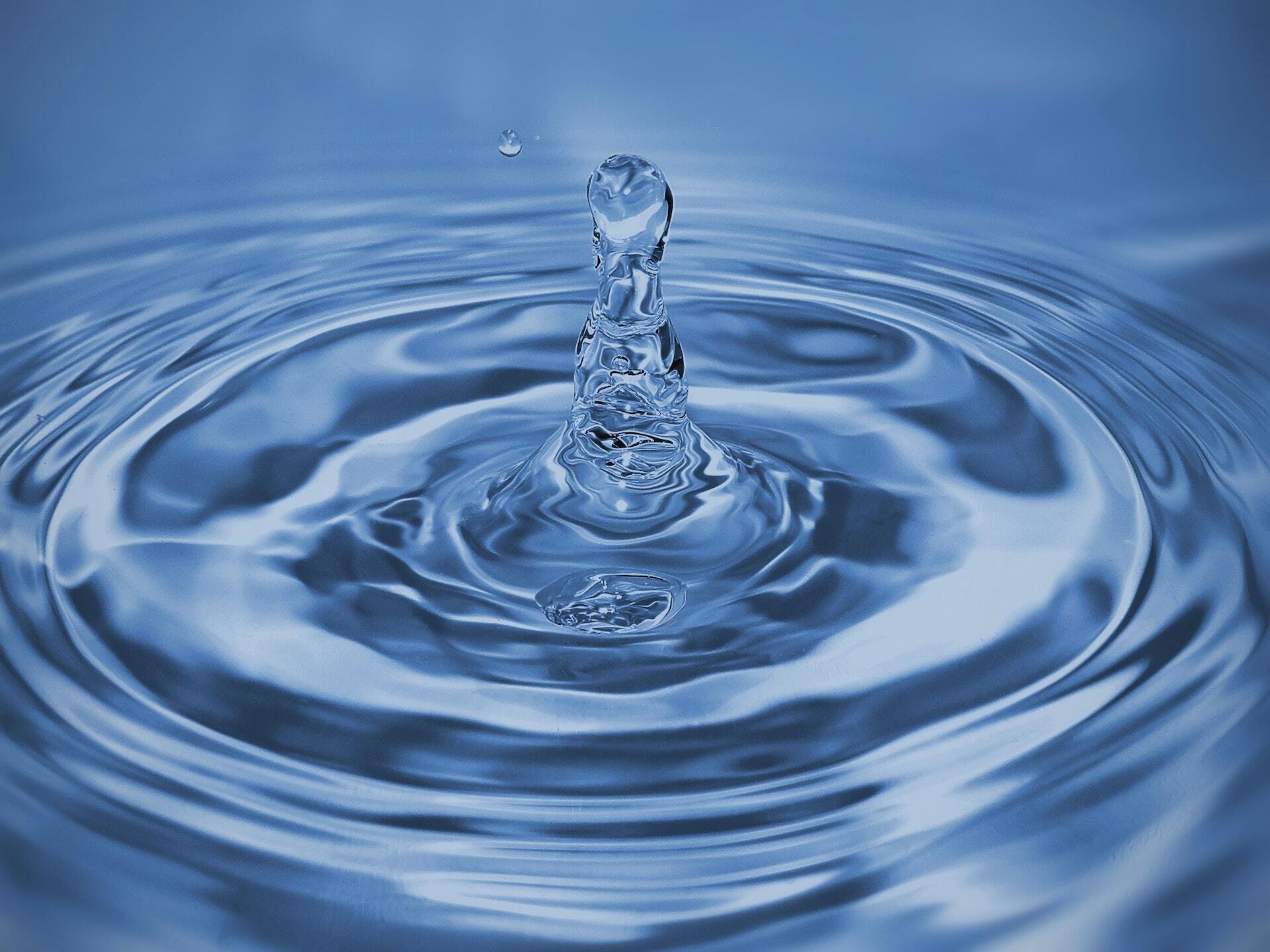Water is a precious resource that sustains life on Earth, yet it’s often taken for granted. With growing populations and climate change, the need for sustainable water conservation methods has never been more critical. In this blog, we will explore innovative and practical approaches to conserve water, ensuring a greener and more sustainable future for generations to come. Water conservation is not just a want anymore, it is a necessity.
Efficient Irrigation Techniques
One of the largest consumers of water worldwide is agriculture. To reduce wastage in farming, adopting efficient irrigation methods like drip irrigation, sprinkler systems, and soil moisture sensors can make a significant difference. Drip irrigation, in particular, delivers water directly to the plant’s roots, minimizing evaporation and runoff.
- Rainwater Harvesting:
Harvesting rainwater is an ancient practice that’s gaining popularity in modern times. By collecting rainwater from rooftops and storing it in tanks or underground reservoirs, households can reduce their dependence on municipal water sources. This harvested rainwater can be used for various non-potable purposes like watering gardens, flushing toilets, and even washing cars. - Grey water Recycling:
Grey water consists of water from household activities like showering, bathing, and washing dishes. Instead of letting it go down the drain, greywater can be treated and reused for purposes like watering plants or flushing toilets. Installing greywater recycling systems not only conserves water but also reduces the energy needed to treat wastewater. - Xeriscaping:
Traditional lawns are notorious water guzzlers. Xeriscaping is a landscaping approach that uses drought-resistant plants, mulch, and efficient irrigation to create beautiful and water-efficient gardens. This not only conserves water but also reduces the need for chemical fertilizers and pesticides, promoting a healthier environment. - Low-Flow Fixtures:
In many households, water is wasted due to out-dated plumbing fixtures. By installing low-flow faucets, showerheads, and toilets, you can significantly reduce water consumption without sacrificing comfort. These fixtures use less water while maintaining adequate water pressure and functionality. It is a suitable way to help save water without compromising on your comfort or habits. - Education and Awareness:
One of the most effective ways to promote sustainable water conservation is through education and awareness campaigns. Governments, NGOs, and communities can work together to inform people about the importance of water conservation and provide tips on how to reduce their water usage at home and in daily life. It is crucial, because unless people on an individual level understand the importance of water conservation, it’s almost impossible to save water. Hence awareness and education is a must. - Smart Water Management Systems:
Advancements in technology have given rise to smart water management systems. These systems use sensors, data analytics, and automation to monitor and control water usage in real-time. For example, they can detect leaks and automatically shut off water supply, reducing wastage and saving money. Every workplace or public utility centres must use such systems to save water. - Policy and Regulation:
Government policies and regulations play a crucial role in promoting water conservation. Implementing water-saving building codes, offering incentives for sustainable practices, and regulating water usage in industries can have a significant impact on water conservation efforts. We need more water saving policies in position today to save drinkable and usable water and recycle the water that we are already having. - Industrial and Commercial Water Management:
Businesses and industries can implement water-efficient technologies, recycle and reuse water in their processes, and reduce water waste. - Agricultural Practices:
Implement precision agriculture techniques to optimize water use in farming, such as soil moisture monitoring and efficient crop rotation.
Use rainwater harvesting for on-farm irrigation. - Waste water Treatment and Recycling:
Invest in advanced wastewater treatment facilities that can purify and recycle wastewater for non-potable uses like irrigation or industrial processes.
Implement decentralized wastewater treatment systems for individual homes and communities.
Conclusion:
Sustainable water conservation methods are not just a matter of choice but a necessity for a planet facing water scarcity challenges. By adopting efficient irrigation techniques, rainwater harvesting, grey water recycling, xeriscaping, low-flow fixtures, education, smart water management, and supportive policies, we can collectively make a difference. Each drop saved today contributes to a more sustainable and water-secure future for all.
In this blog, we’ve explored a range of sustainable water conservation methods, from simple changes in daily habits to advanced technologies and policies. By implementing these methods, we can all contribute to a more sustainable and water-secure future. Let’s make every drop count.



